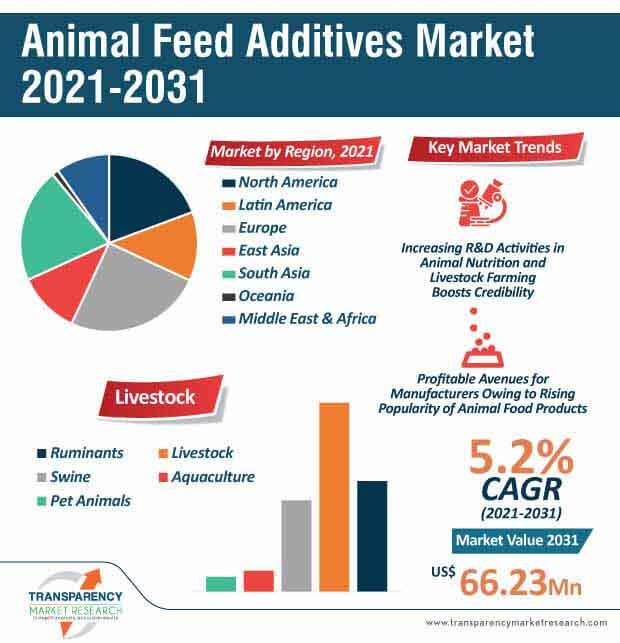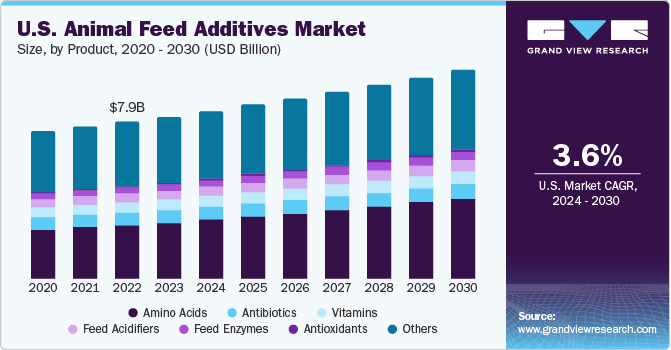Feed Additives in Animal Nutrition: Enhancing Growth and Health
Introduction
Feed additives are non-nutritive substances, preparations, or microorganisms added to animal feeds to improve growth, feed efficiency, and overall animal health. They play a crucial role in the livestock industry by optimizing nutrient utilization, enhancing gut health, and boosting animal performance.
Types of Feed Additives
Feed additives are classified into various categories based on their purpose and mode of action. Some common types include:
Digestibility Enhancers
* Enzymes: Improve the digestibility of nutrients by breaking down complex molecules. * Probiotics: Live microorganisms that colonize the digestive tract, aiding in digestion and nutrient absorption. * Prebiotics: Non-digestible compounds that stimulate the growth of beneficial bacteria in the gut.
Growth Promoters
* Antimicrobials: Antibiotics or other compounds that inhibit the growth of harmful bacteria, promoting animal growth. * Hormones: Regulate growth and metabolism, enhancing muscle development and feed conversion efficiency. * Beta-agonists: Increase lean muscle mass and reduce fat deposition.
Health Enhancers
* Vitamins and minerals: Essential nutrients that support animal growth, health, and reproduction. * Antioxidants: Protect cells from damage caused by free radicals. * Immuno-modulators: Enhance the immune system, reducing susceptibility to diseases.
Benefits of Feed Additives
The use of feed additives in animal nutrition offers numerous benefits, including: *
Improved nutrient digestibility: Enhanced digestion and absorption of nutrients, leading to better utilization of feed. *
Boosted growth and performance: Increased weight gain, improved feed efficiency, and enhanced muscle development. *
Improved gut health: Stabilization of the digestive tract, reduction of pathogens, and stimulation of beneficial bacteria. *
Enhanced immune function: Stronger immunity, reduced disease incidence, and improved animal health. *
Higher product quality: Improved meat and dairy quality, including leaner meat, increased milk production, and enhanced nutritional value.
Responsible Use of Feed Additives
While feed additives offer significant benefits, responsible use is essential to ensure animal welfare, human health, and environmental sustainability. *
Follow recommended guidelines: Adhere to regulatory regulations and industry standards for the use of feed additives. *
Monitor animal health: Regularly observe animals for any adverse reactions or changes in health status. *
Consider withdrawal periods: Allow for proper withdrawal periods to ensure that residual compounds do not enter the human food chain. *
Promote judicious use: Avoid over-reliance on feed additives and focus on a balanced diet and good management practices.
Conclusion
Feed additives play a vital role in modern animal nutrition, enhancing growth, feed efficiency, and animal health. By optimizing nutrient utilization, improving gut health, and boosting animal performance, they contribute significantly to the sustainability and profitability of the livestock industry. However, responsible use is crucial to ensure the well-being of animals, protect human health, and preserve the environment.

Transparency Market Research

Grand View Research
Comments